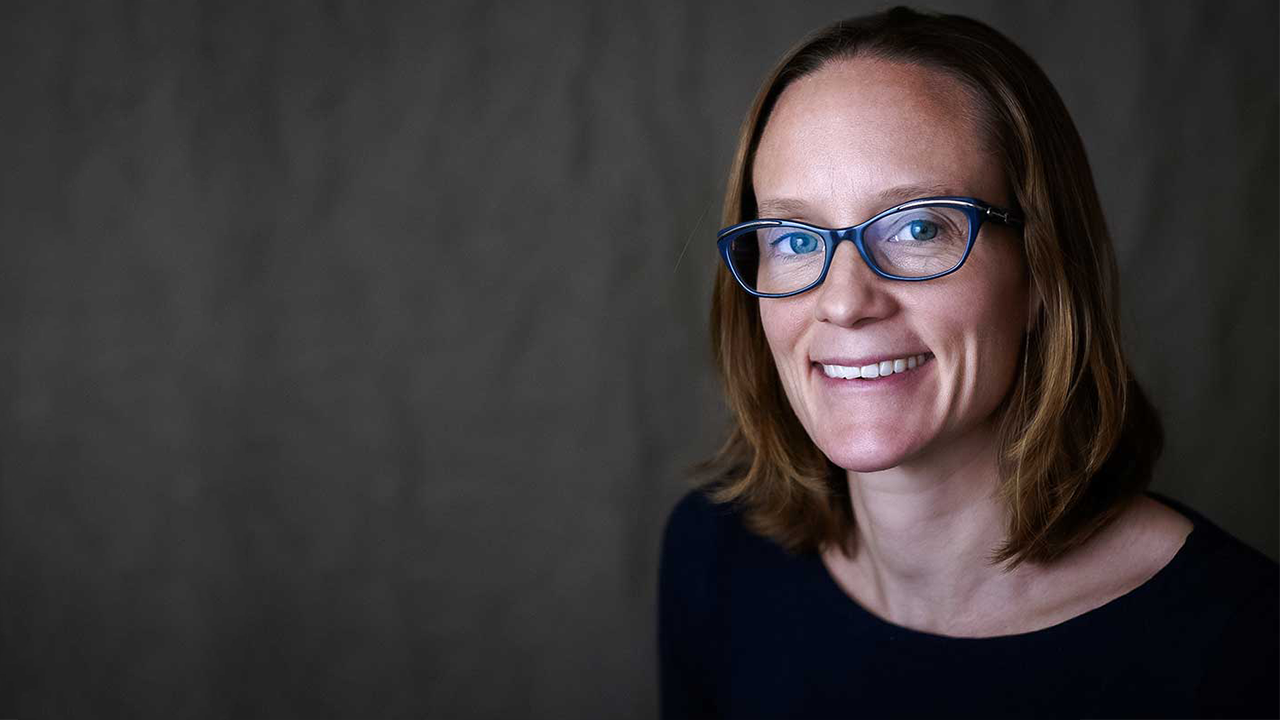Dr. Sam Johnston, Ed.D., is the Chief Postsecondary & Workforce Development Officer at CAST. In this role, Sam collaborates with a talented team to increase access to middle- and high-income careers for populations underrepresented in the workforce. Sam focuses on design-based research, translating universally designed tools and strategies developed through co-design with stakeholders into practical applications in the field to improve education, training and workplace practices.
Sam has designed training models and conducted research into professional development in the fields of mental health care, human services, criminal justice and education, emphasizing social learning processes in both online and in-person learning. Sam is the principal investigator for two National Science Foundation (NSF) grants: One to co-design a multigenerational STEM makerspace in affordable housing, and the other to design a Dual Enrollment Pathway to Careers in Biomanufacturing, an emerging area within advanced manufacturing. Sam was co-principal investigator on a National Science Foundation grant to co-design a mobile-first e-portfolio for youth between the ages of 16 and 24 who are disconnected from both school and the workforce. This e-portfolio is now being used across multiple education and training contexts. Before joining CAST, Sam was a Senior Associate and Distance Educator at the C4 Innovations, a woman-owned small business focused on upskilling the homelessness and affordable housing workforce. At C4 Innovations, Sam led the company’s online and blended learning strategy.
Contact Information
Education
EdD, MEd, Harvard Graduate School of Education
BA, McGill University
